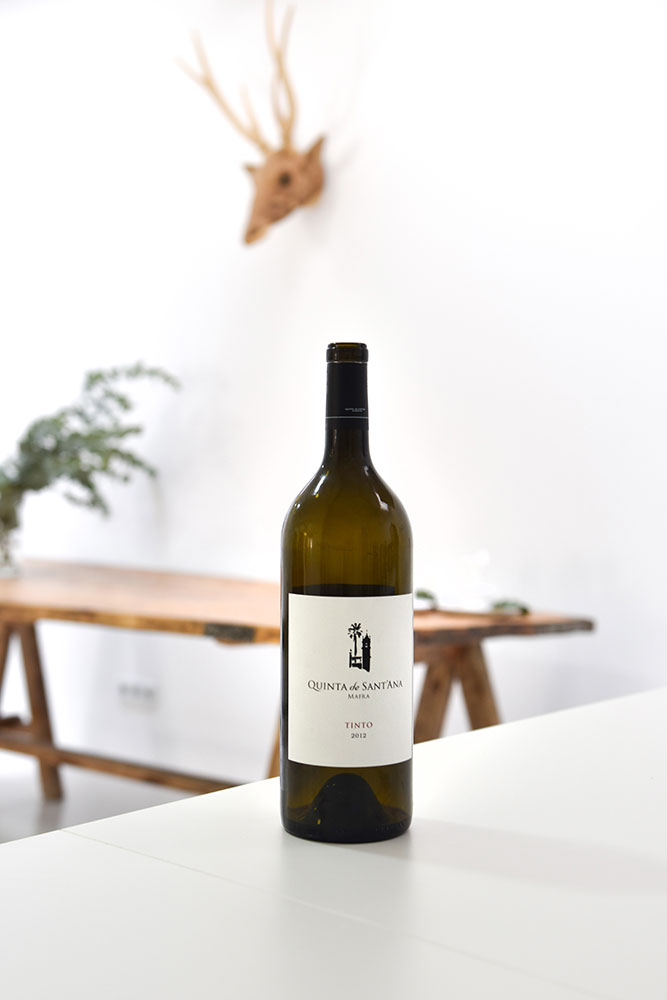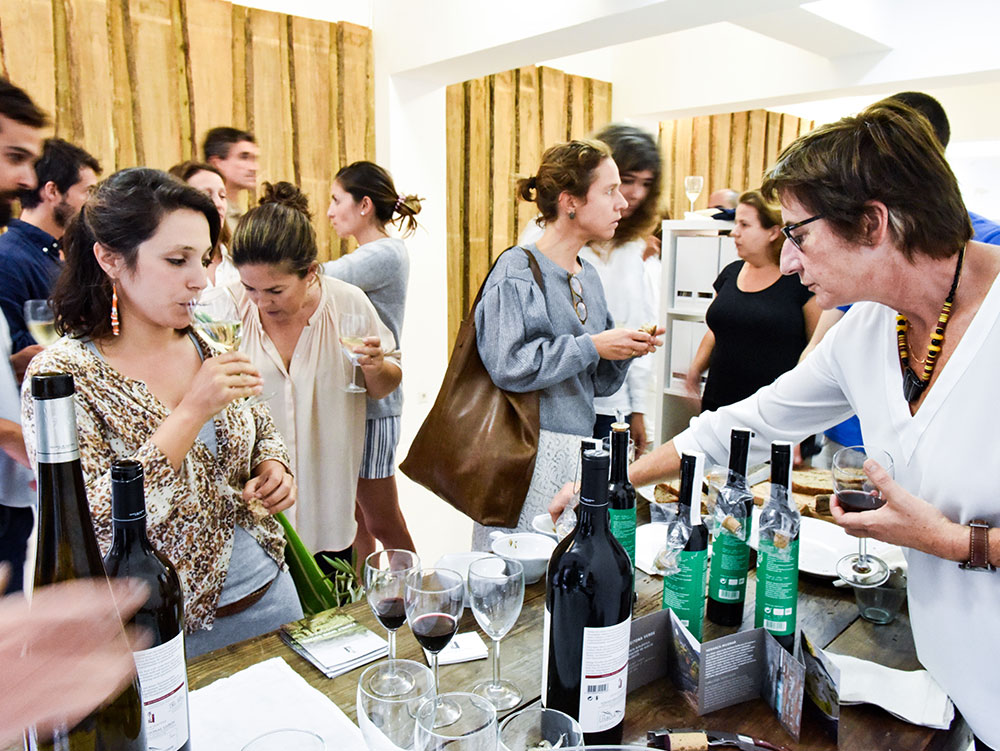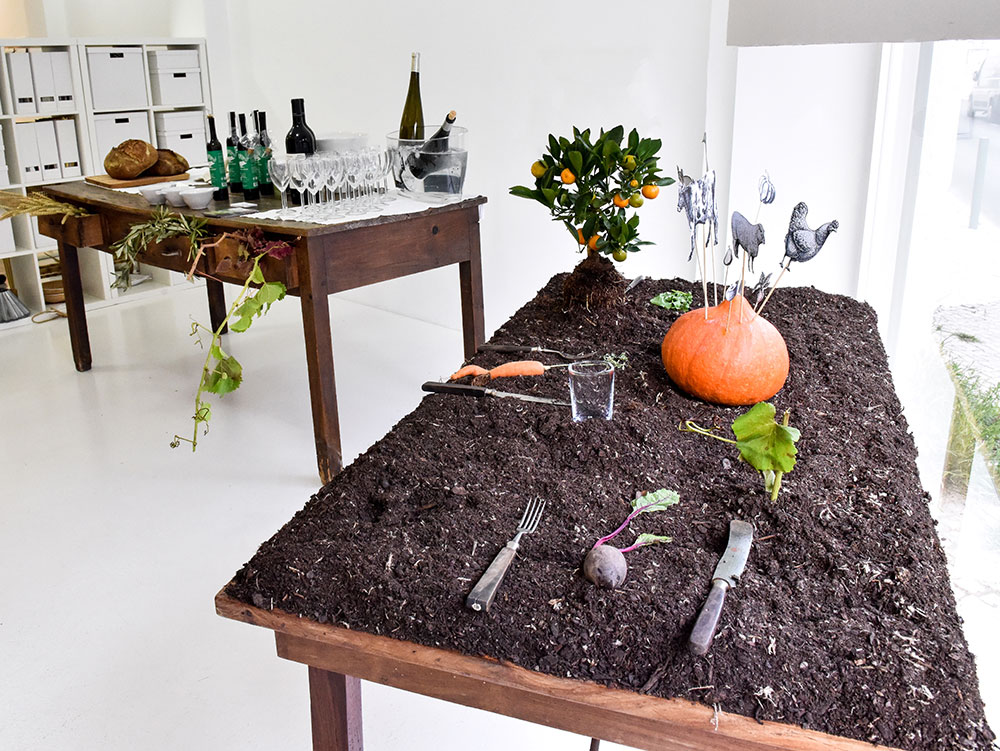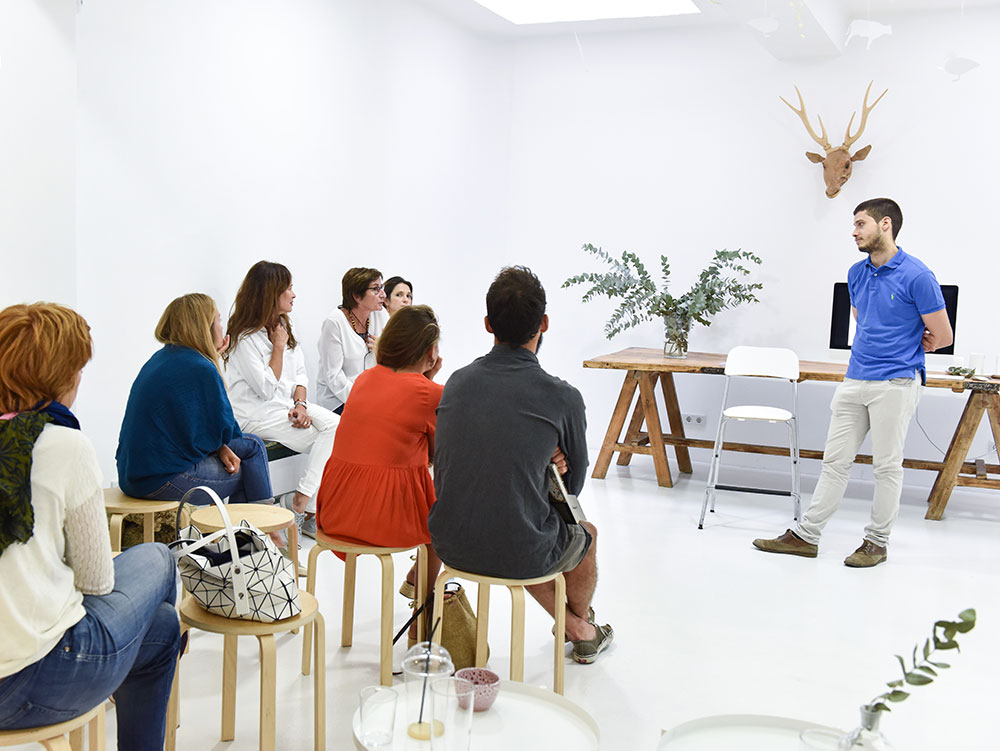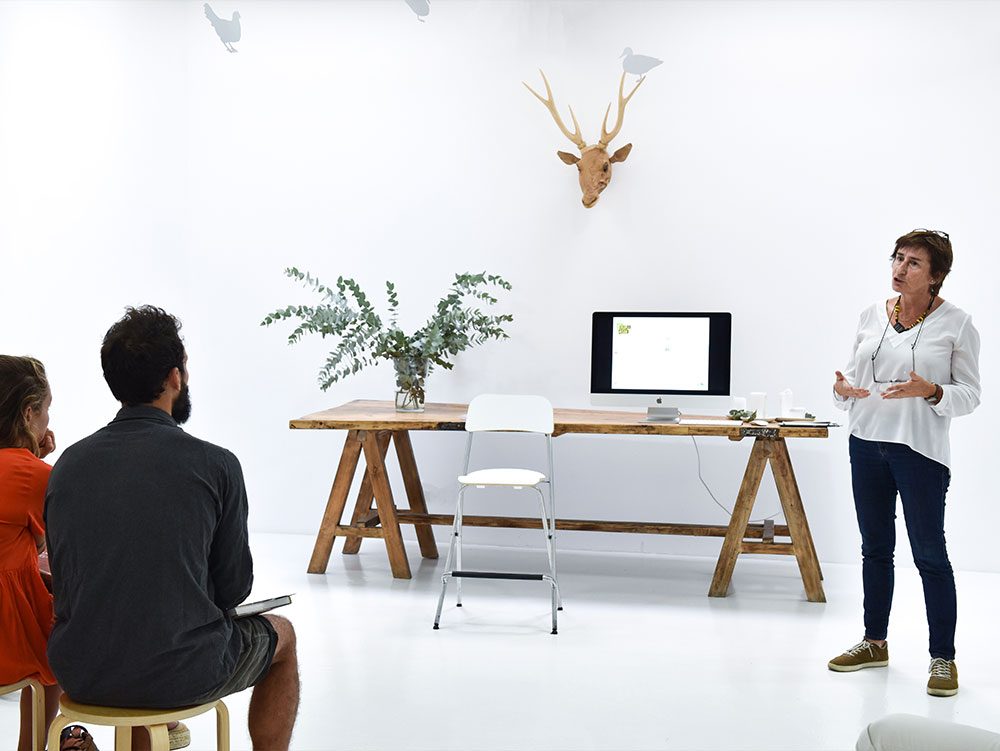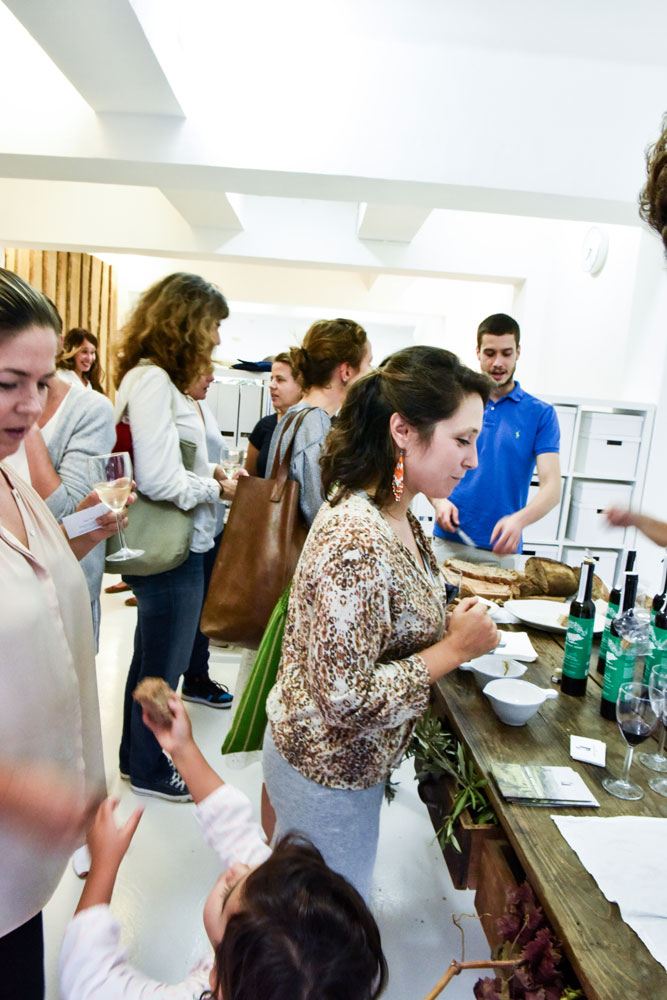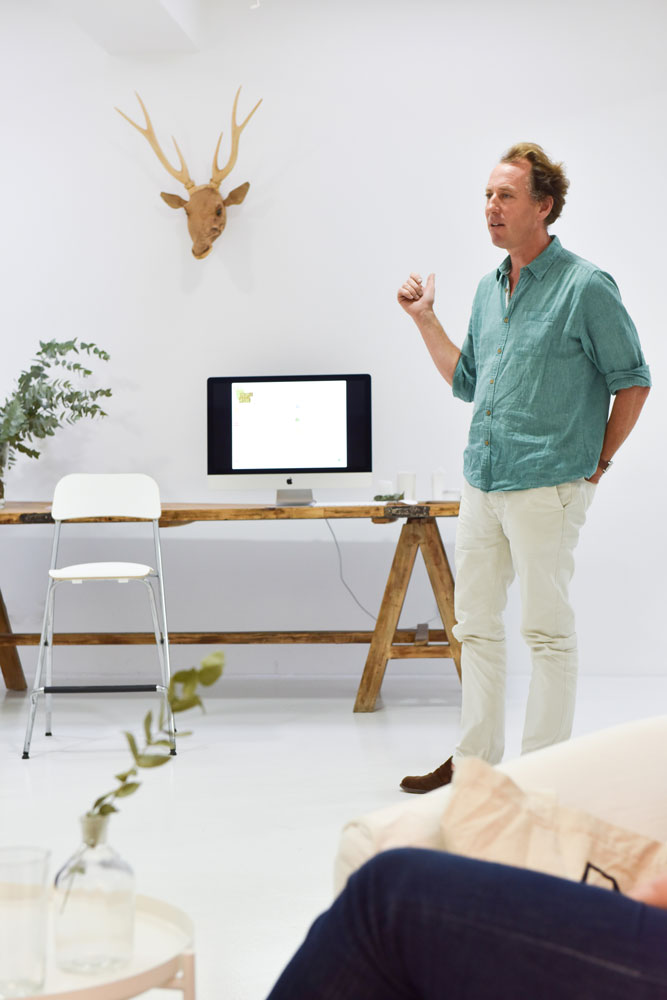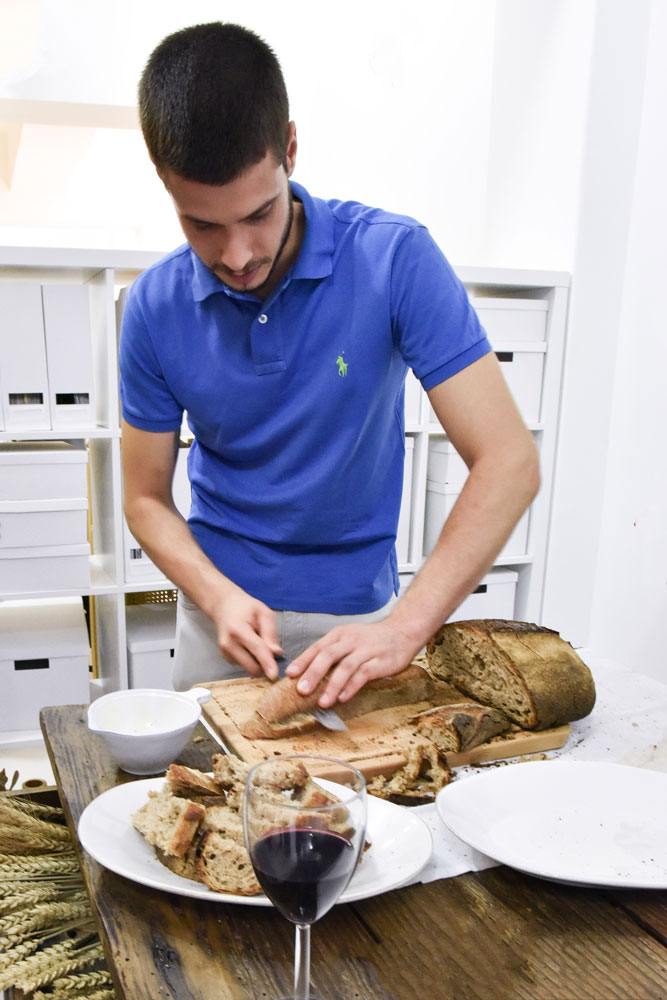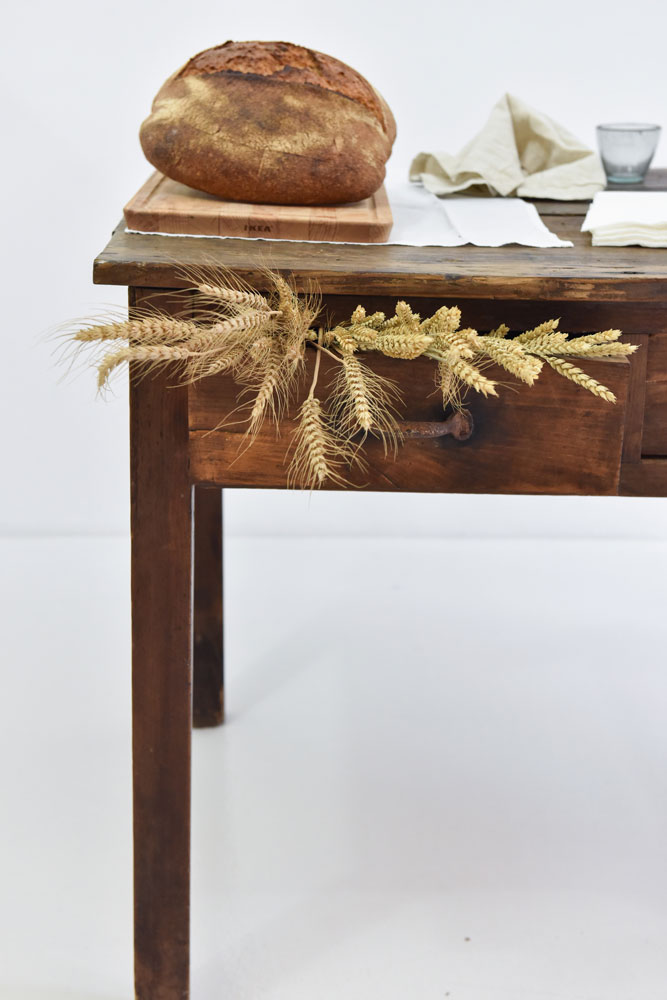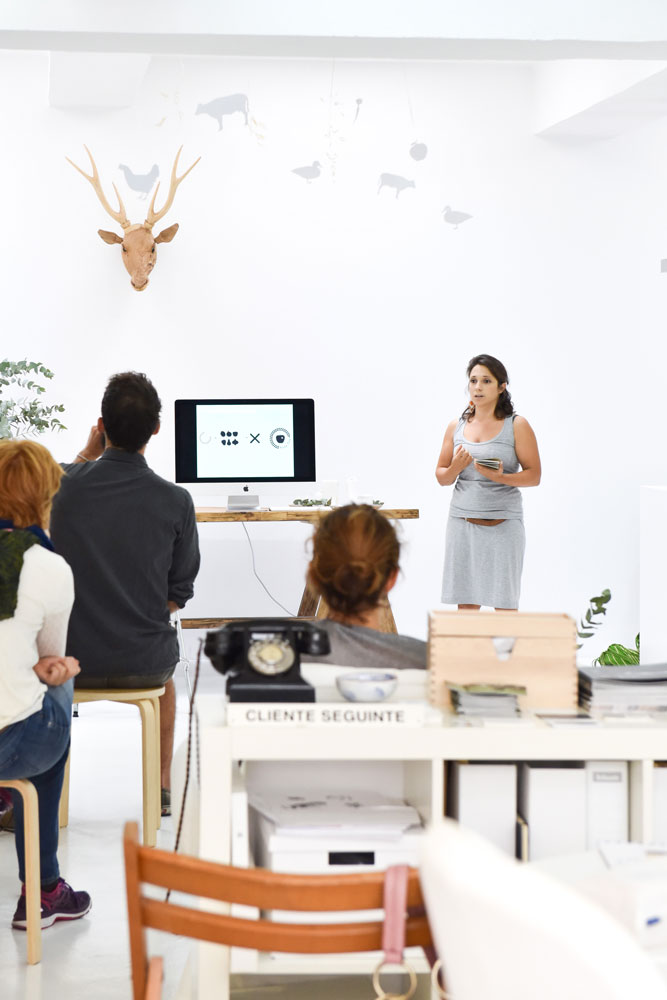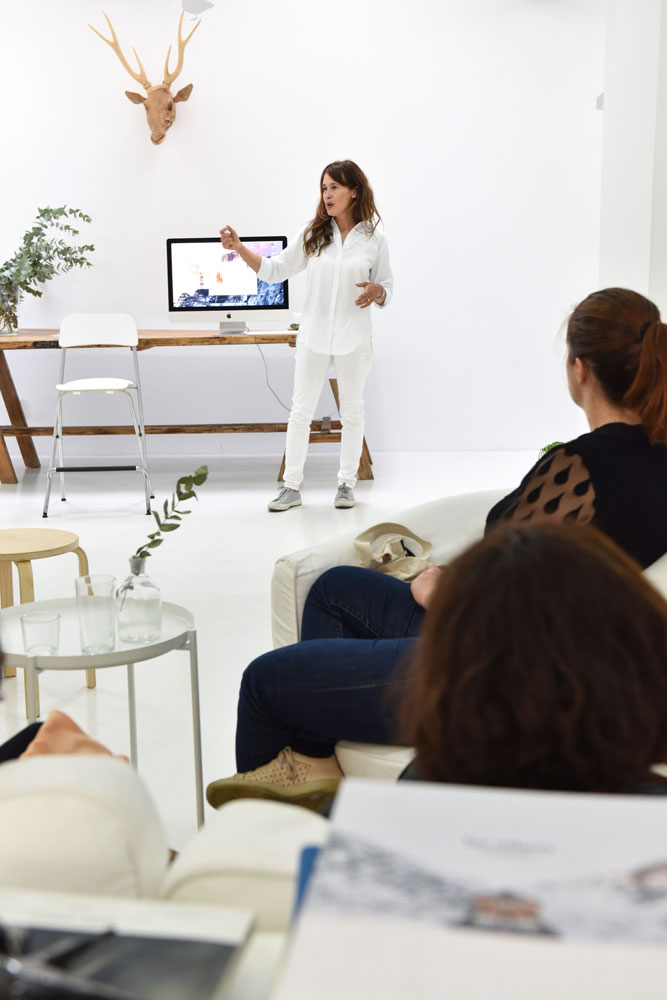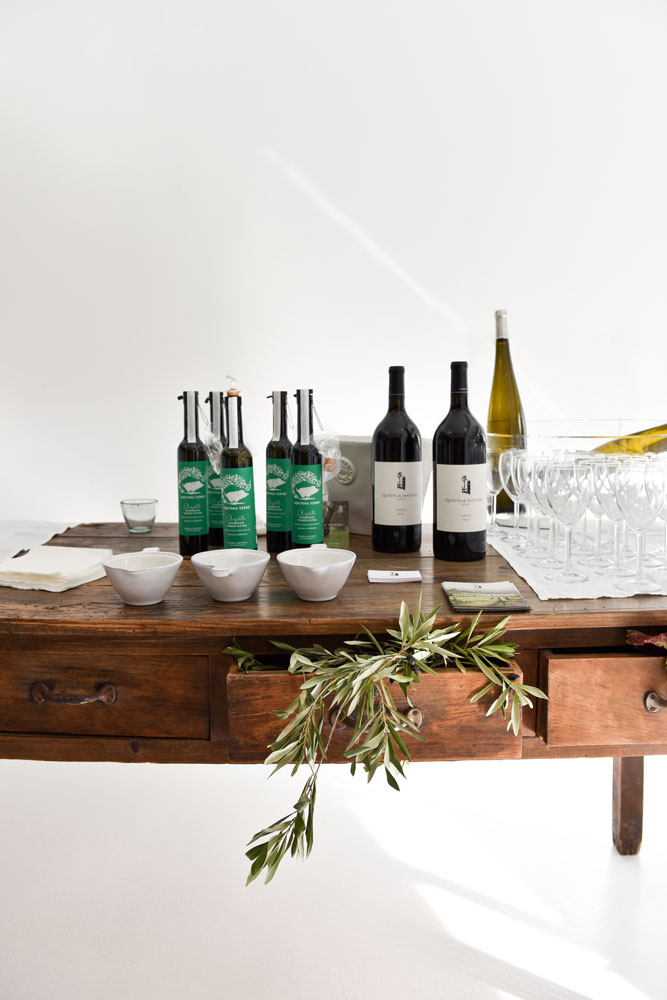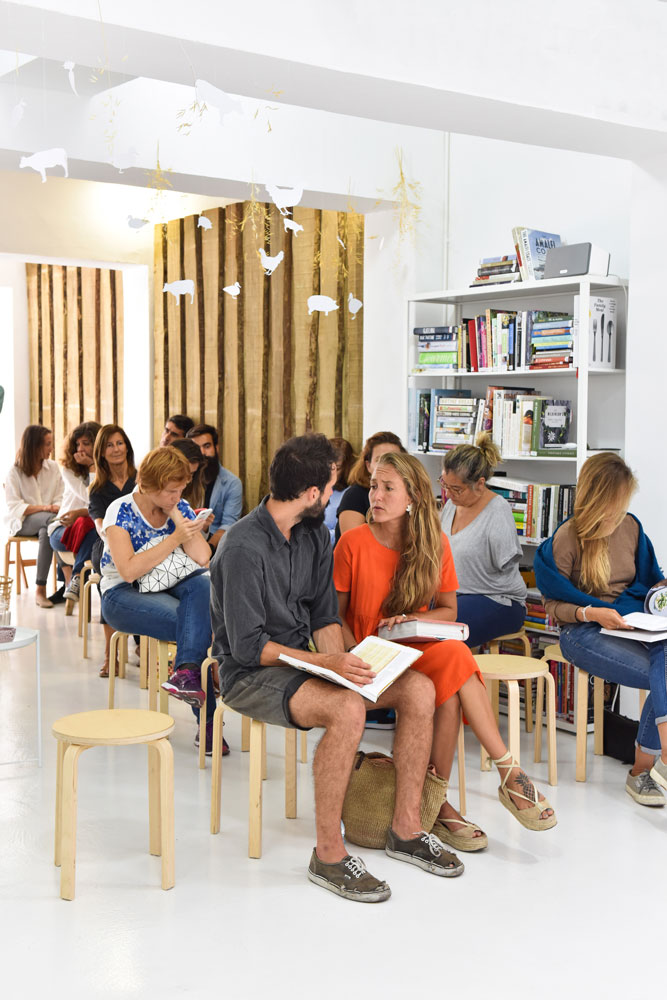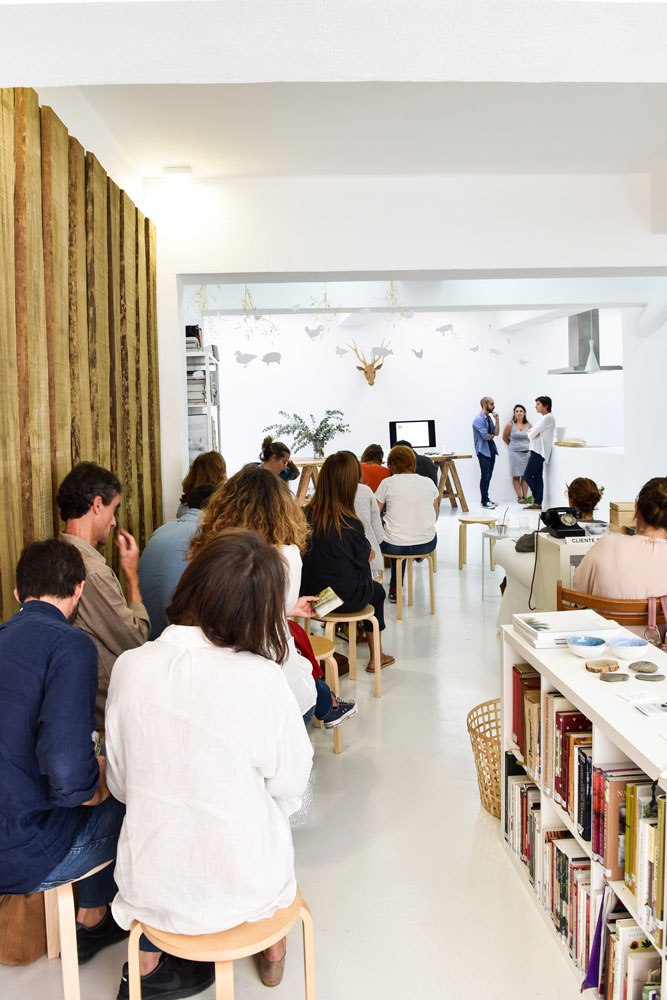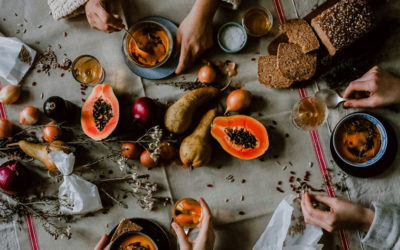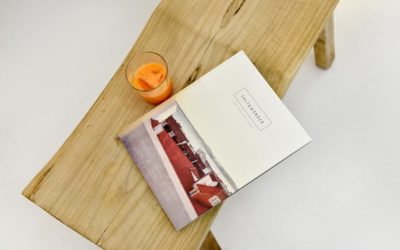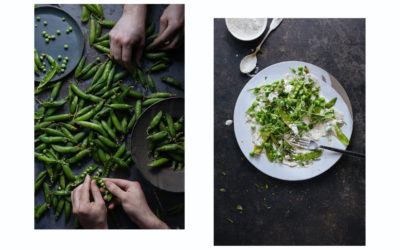Description
soil | s. m.
(latim solum, -i)
Portion of the earth’s surface; the ground as producing vegetation or as cultivated for its crops.
Participants

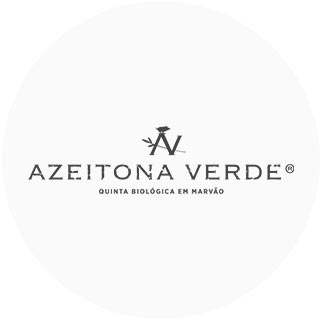
Azeitona Verde is part of the São Mamede Natural Park, in Marvão, where it produces organic olive oil, respecting biodiversity and environmental sustainability, thus promoting a balance between tradition and innovation in the local community, betting on environmentally friendly and totally organic methods.
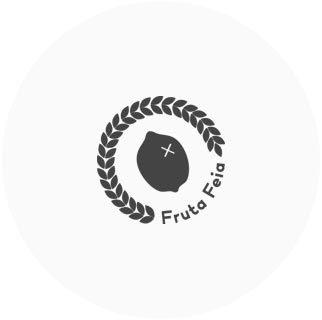
Consumer cooperative created to reduce food waste due to appearance by channeling the part of the fruit-vegetable production rejected for mere aesthetic reasons from farmers to consumers. It aims to create an alternative market for “ugly” fruit and vegetables, capable of changing consumption patterns. A market that generates value for farmers and consumers and tackles both food waste and unnecessary waste of the resources used to produce them. A Fruta Feia started in November 2013 in Lisbon with 1 delivery point, 100 associated consumers and 10 farmers.
Today, with 8 delivery points spread across the country, 3300 associated consumers and a network of 130 farmers, avoids 10 tonnes of waste a week.
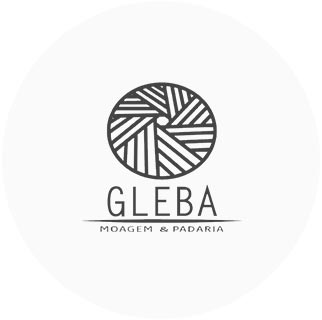
Diogo Amorim studied Culinary Arts at one of Switzerland’s most prestigious hotel schools. He has worked in one of the best restaurants in the world: The Fat Duck in England. It was there that he deepened his interest in natural fermentation bread, since the 3 stars Michelin restaurant was at that time studying the gastronomic potential of this simple yet complex food. He worked half a year in one of the best Portuguese restaurants, Vila Joya, and came to Lisbon in 2015 to take a Masters Degree in Gastronomic Sciences. For almost two years he developed the Gleba project, traveling through Portugal in search of small grain producers. At the end of 2016 opened the Gleba bakery, where true bread is made.
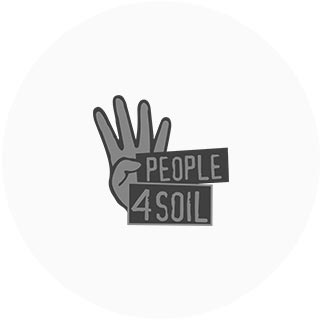
Isabel Linhares Branco, lives in Vila Real and works for QUERCUS, National Association for Nature Conservation, since 2014. She is a Forestry Engineer and holds a Masters Degree in Forest Resources Engineering at the University of Trás-o-Montes and Alto Douro (UTAD). During several years she was a professor at UTAD of the subjects of Soils and Pedology and Soil Conservation, where she participated in several research projects related to soil mobilization and conservation practices. Currently works in the areas of land management. It also belongs to the Quercus agriculture and soil working group and to the EEB (European Environmental Bureau) Soil Group. She is a member of the Direction of the Regional Nucleus of the Quercus of Vila Real where she has developed several actions of education and environmental awareness.
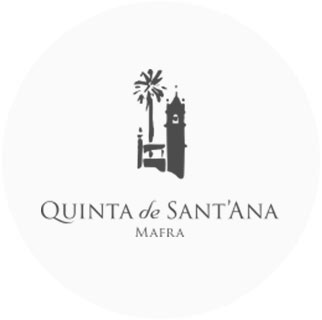
In their second year of full organic conversion, with organic certification planned for 2018, the wine producing Quinta de Sant’Ana 30 minutes north of Lisbon is already reaping the benefits of healthier soils and their 11 hectares of healthier vines. Owners James & Ann Frost, to whom the organic philosophy was always a fundamental ambition, discuss the challenges of their journey so far in a humid, coastal climate, the unrivalled benefits of organic wine for the consumer, and also their considerations for the project’s future.

